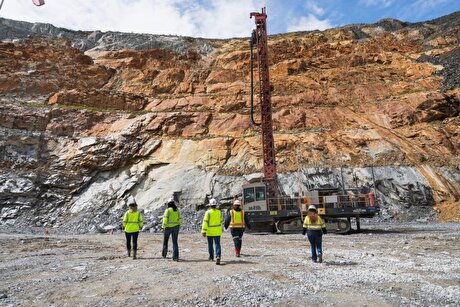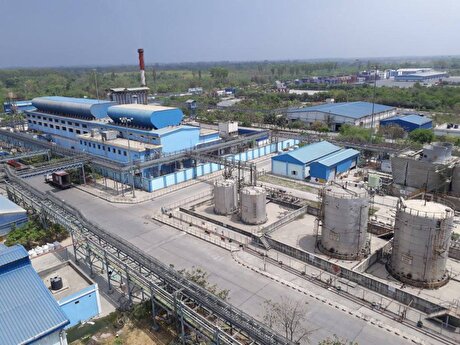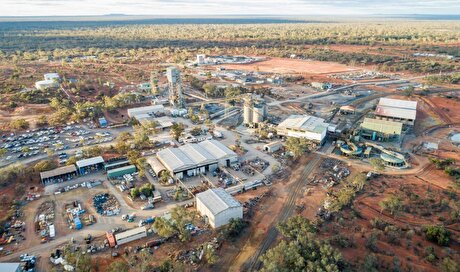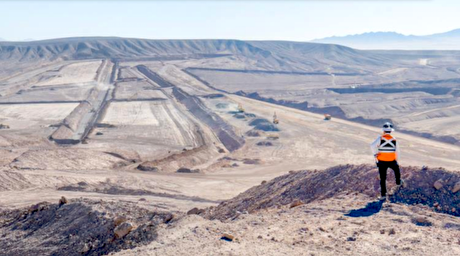
Mild winter could buy ISO-NE time on supply woes

Natural gas-fired generation represents nearly half of the region's electric load. After extremely cold weather in January pushed spot gas prices to all-time highs, ISO-New England named fuel security as its top challenge for 2018. The ISO added new procedures for energy emergencies and said it will redouble its efforts to evaluate pipeline availability and gas supply. But the grid operator also intends to find a market-based solution to these issues, which has yet to surface.
Ocean temperature anomalies have been trending warmer in the east, indicating a more normal-to-warmer winter in 2018-19. Some forecasts point to higher heating demand; the National Oceanic and Atmospheric Administration forecast shows 4,974 heating degree days (HDDs) for November through March in New England, or more than 90 HDDs above last winter.
But winters are still trending warmer overall, said analysis firm Morningstar Research. Even if an atmospheric abnormality develops this winter similar to the extremely cold weather of last winter or the cold snap of 2013-14, it would not compete with historically cold winters because forecasts for overall ambient warmth keeps total winter HDDs lower, the firm said.
ISO-New England earlier this month said it was implementing near-term changes to avoid winter energy shortages. The ISO will provide each generator with an estimated opportunity cost that can be incorporated into its offer price for the following day. The opportunity cost will enable resources to price their daily energy offers in a way that will preserve fuel for later periods, such as when cold weather is forecast to strike.
The grid operator on 28 November will begin publishing 21-day energy forecasts accounting for the inventories of oil, coal, natural gas and other fuels at New England power plants, as well as anything that could limit their availability, such as emissions restrictions or pipeline constraints.
Spot natural gas prices at Algonquin Gas Transmission Citygates, a pipeline that serves New England, are entering the winter season at higher-than-normal levels because of ongoing maintenance and updates on that line. The work began at the beginning of April, resulting in price spikes as winter demand lingered longer than normal.
Argus spot natural gas prices showed Algonquin Citygates have averaged $3.19/mmBtu in the 1 April through 31 October period, up by 21pc from a year earlier. Argus forward prices show the citygates averaging at $9.97/mmBtu for winter 2018-19, up by 29pc from spot prices at that index last winter.
Lower-than-normal storage inventories have also added price support amid concerns for market tightness heading into this winter. Eastern storage supplies "should still suffice, even for a demanding winter," Morningstar said.


Uzbek gold miner said to eye $20 billion value in dual listing

Peabody–Anglo $3.8B coal deal on the brink after mine fire

A global market based on gold bars shudders on tariff threat

Minera Alamos buys Equinox’s Nevada assets for $115M

Adani’s new copper smelter in India applies to become LME-listed brand

OceanaGold hits new high on strong Q2 results

Trump says gold imports won’t be tariffed in reprieve for market

De Beers strikes first kimberlite field in 30 years

Cochilco maintains copper price forecast for 2025 and 2026

BHP shares near priciest valuation since 2021 on shift to miners

African Rainbow boosts Surge Copper stake to 19.9%

Hindustan Zinc to invest $438 million to build reprocessing plant

South Africa mining lobby gives draft law feedback with concerns

Wooden church sets off on slow Swedish road trip to escape mining subsidence

Harmony Gold’s MAC Copper takeover gets regulatory nod

Povrly Copper Industries orders a breakdown rolling mill for high-quality copper, brass, and bronze strip production

Advanced cold-rolled strip for China’s New Energy Vehicle market

A Danieli greenfield project for competitive, quality rebar production

Antofagasta posts biggest profit margins since 2021

BHP shares near priciest valuation since 2021 on shift to miners

African Rainbow boosts Surge Copper stake to 19.9%

Hindustan Zinc to invest $438 million to build reprocessing plant

South Africa mining lobby gives draft law feedback with concerns

Wooden church sets off on slow Swedish road trip to escape mining subsidence

Harmony Gold’s MAC Copper takeover gets regulatory nod

Povrly Copper Industries orders a breakdown rolling mill for high-quality copper, brass, and bronze strip production

Advanced cold-rolled strip for China’s New Energy Vehicle market

A Danieli greenfield project for competitive, quality rebar production














